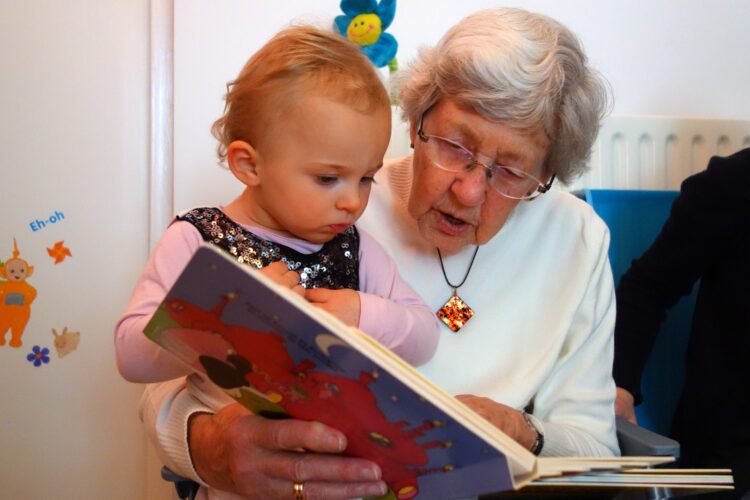By Helen Dennis
Question: My 84-year-old father is the primary care provider for my mother, who is 82. He is very much in charge. With the many prescription drugs she is taking, I am concerned about the combinations and dosages. I would like to give him some advice in a gentle way. Can you help? – L.J.
Dear L.J.:
You have every right to be concerned.
Let’s start with some facts about older adults and medications. These are cited in the recent publication by the Gerontological Society of America titled “Acetaminophen and the Implications for Patient Care.”
- We know that 13 percent of the population is 65 and older. They account for 34 percent of all prescription drugs and 30 percent of over-the-counter drugs.
- As people age, they take more drugs. Among those 60 and older, 88.4 percent take at least one prescription drug; 36.7 percent take five or more.
- About 80 percent of older adults have one or more chronic conditions.
- Drug interactions are common among older adults because of the multiple number of drugs they take.
- Older adults are at increased risk of suffering serious side effects from drug use.
- Almost 40 percent of older adults cannot read prescription labels.
- Two-thirds cannot understand information given to them about prescription medications.
Federal regulations mandate the inclusion of older adults in drug research studies. According to the U.S. Food and Drug Administration, since 1999 drug companies are required to include and analyze separately the effect of drugs on older people.
Unfortunately, most studies do not involve older adults taking other medications. Given that they take multiple daily drugs, the research results may be misleading.
And there is more. Medical students do not receive much education about older people and medications. The Gerontological Society reports that “most health-care professionals do not receive the geriatric training necessary to respond to the unique and complex health needs of older adults.” And that would include geriatric pharmacology.
These uncertainties place a heavy responsibility on the patient-consumer to ensure drug safety and effectiveness.
AARP suggests that older adults need help if they take three or more drugs, live alone, have symptoms of pre-dementia or cognitive decline, get prescriptions from more than one doctor, fill prescriptions at more than one pharmacy, and use both online and community-based pharmacies. Note: That doesn’t mean that an older adult taking three medications needs help. It’s a combination of these characteristics that require some guidance.
Here are two tips from AARP for caregivers who have a special responsibility:
- Insist on a medicine review at least once a year. Gather every prescription drug, over-the-counter drug and supplement the person takes. For each one, ask the doctor, “Is this still needed?”
- Ask about cascading. This refers to adding a new drug to treat the side effect of another drug. Ask the doctor if it’s possible to stop, adjust or replace the first drug.
Although caregivers and patients have more responsibility than they used to, more and more doctors and pharmacists are partnering with their patients. Also, more research on prescription drugs is written so consumers can understand it.
It’s easy to make mistakes that can harm. The National Institute on Aging writes, “Medicines that are strong enough to cure you can also be strong enough to hurt you if they aren’t used in the right way.”
Torrance Memorial Medical Center’s Advantage Program offers a free seminar on “Questions for the Pharmacist”. This is a time to bring your medications and a list of questions and concerns. Call 310-517-4666 for future scheduling.
L.J., thank you for your good question. Your mother is fortunate that you care and are helping to ensure that her medications are safe and effective.




